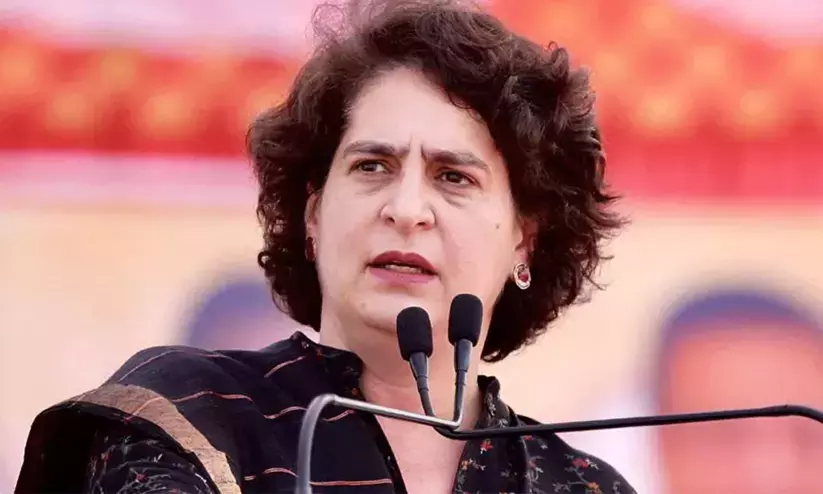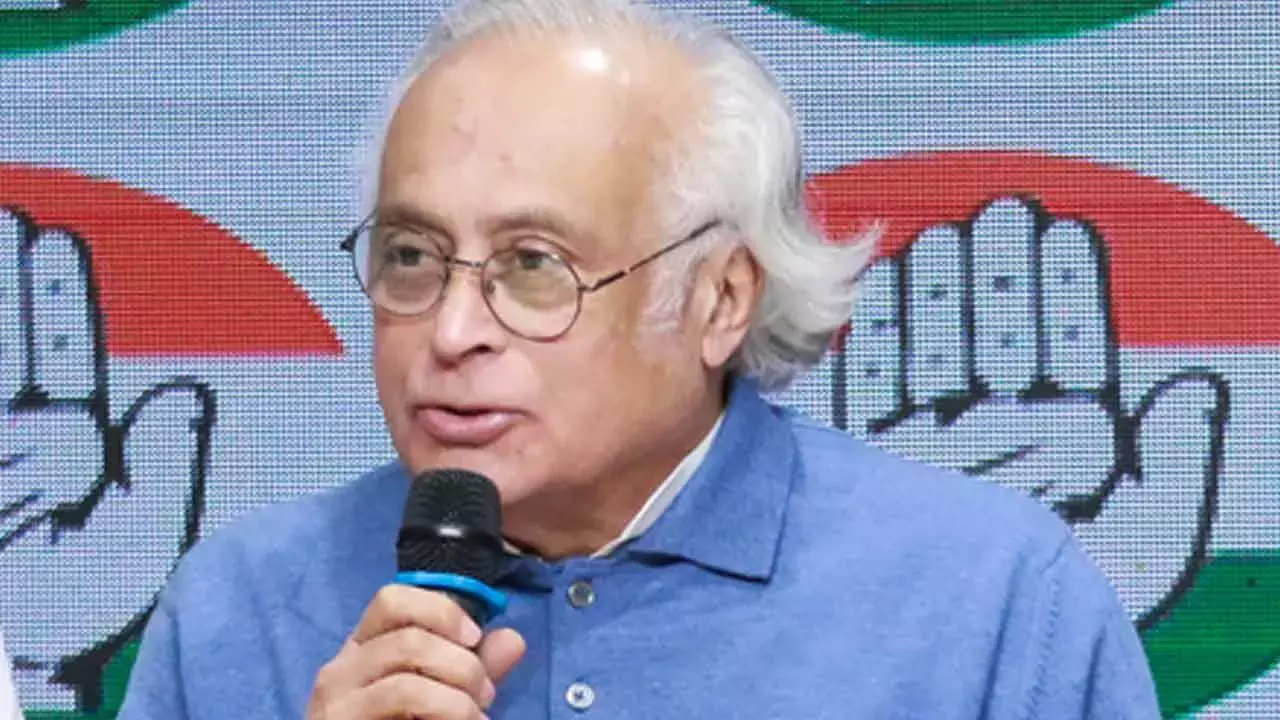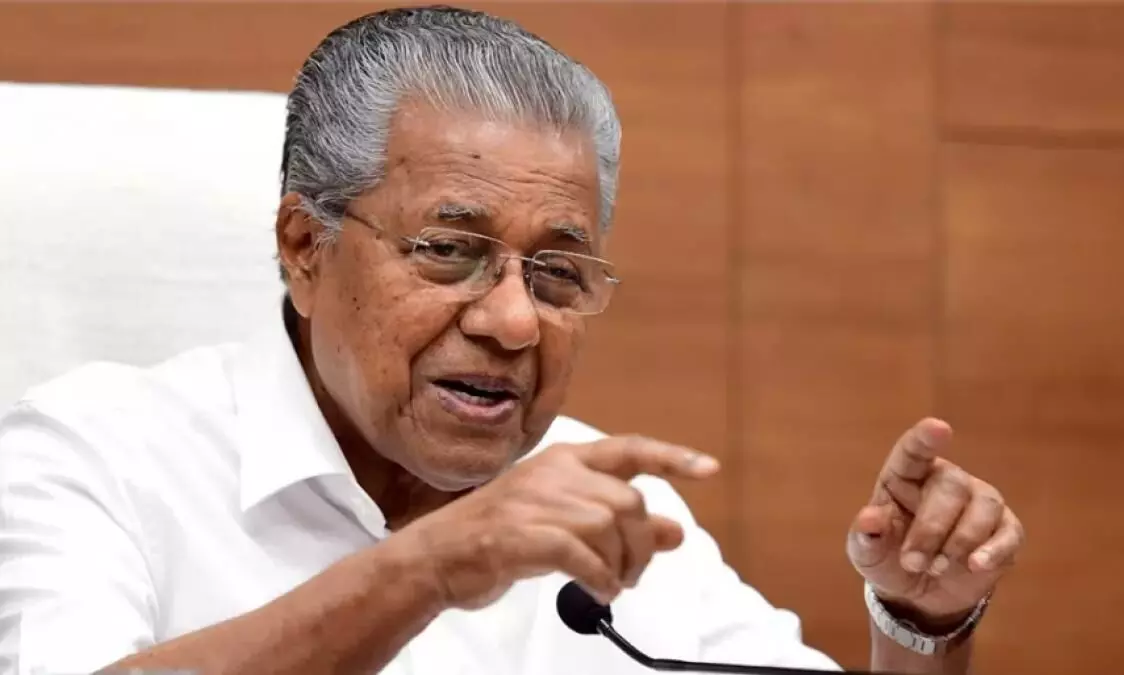
Kerala HC rejects plea to abort 30-week pregnancy of minor rape survivor
text_fieldsKochi: The Kerala High Court has rejected a plea for abortion by the mother of a 14-year-old rape survivor presently in the 30th week of her pregnancy.
Justice Devan Ramachandran after observing the Medical Board’s opinion that an abortion was no longer possible and that, at this stage, the baby would have to be delivered alive.
"Apodictically, this is not a case where the victim child's health is a risk on account of the pregnancy; nor are there any lethal foetal abnormalities detected. The pregnancy is almost in its 9th month and the foetus is gaining weight and fat, getting closer to its eventual birth weight. It’s vital organs, like the brain and lungs, are almost fully developed, preparing for life outside the womb," the Court pointed out.
"That said, no doubt, the child is still very young - just 13 to 14 years in age, and what happened to her is certainly statutory rape," the Court clarified.
The judge, however, made it clear that these observations were only made with reference to the present case and must not be construed to favour the accused, who is facing proceedings under the Protection of Children from Sexual Offences Act, 2012 (POCSO Act).
The judge proceeded to reject permission for the victim child's abortion since the pregnancy was at an advanced stage.
"This Court is saying as afore only for one reason, namely that the pregnancy is now very advanced, with the Medical Board speaking with unanimity that the “uterus corresponded to 30 weeks of gestation with good foetal heart." The foetus has, in fact, life with heart rate; and hence, termination of the pregnancy at this stage is impossible, as also untenable," the Court added.
The Court concluded that the provisions of the Medical Termination of Pregnancy Act cannot be invoked in this case to abort the pregnancy. However, the Court assured the petitioner that her daughter would receive legal protection.
With these observations, the Court closed the petition after directing the Child Protection Officer to provide regular support to the petitioner and her family.
With agency inputs
























